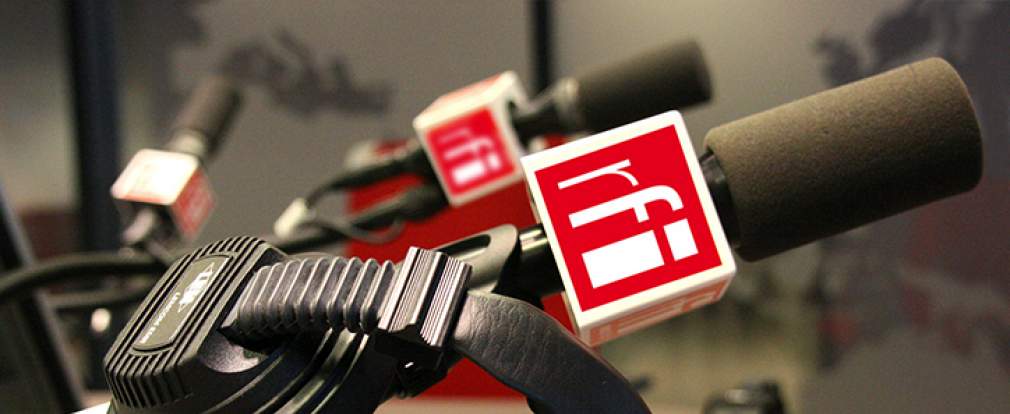
Challenging start to 2019 for RFI in Africa
French international radio broadcaster Radio France Internationale (RFI) had a difficult start to 2019 in two African countries, with its FM broadcasts cut off in the Democratic Republic of Congo (DRC) and its correspondent saw her accreditation withdrawn. In Madagascar, an RFI journalist was singled out as liar by a supporter of defeated presidential candidate Marc Ravalomanana.
Democratic Republic of Congo
DRC government spokesman Lambert Mende announced on 2 January that the accreditation of RFI correspondent Florence Morice had been withdrawn.
He also said that RFI FM broadcasts were blocked in all DRC cities.
Mende accused Morice of violating electoral law and “the code of good conduct for foreign journalists covering the elections”.
He also alleged that RFI was stirring controversy and said: “we are not going to let a radio station throw petrol on the flames at a time when we are waiting for the compilation of the provisional results.”
RFI, which has been closely covering elections in the DRC, issued a statement saying its coverage had been impartial and expressing full support for Morice.
She had been “merely working as a professional journalist,” the statement said, RFI urged the authorities to reverse their decision to withdraw her accreditation. RFI announced that Morice had left for France on 3 January.
Madagascar RFI journalist branded a liar by presidential challenger supporter
In Madagascar a supporter of defeated presidential candidate Marc Ravalomanana attacked an RFI journalist, showing her face on a giant screen and wrongly accusing her of lying.
Speaking to RFI French service, the chair of the International Press Correspondents Association Lova Rabary said that these methods by political parties were unacceptable and dangerous.
“They need to think about what they say and what they publish, because they cannot control the reaction of their supporters. The danger is obviously, people know the face of the journalist who is presented as a liar, the fact that her photo was shown is to make the journalist, who according to them, was not doing her job well, open to public scrutiny,” Rabary said. “Each time a protest occurs in Madagascar, local media often take a position in favour of the parties present and during a crisis, the people and even the media do not accept that a journalist can be neutral and not take a position in a crisis,” Rabary added.